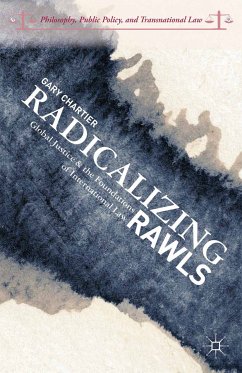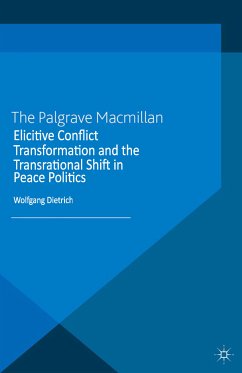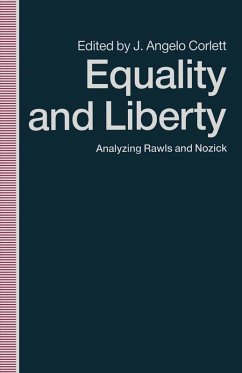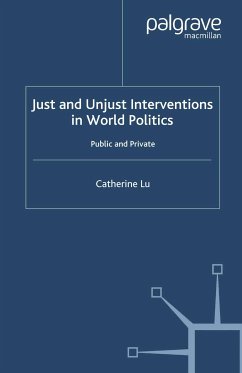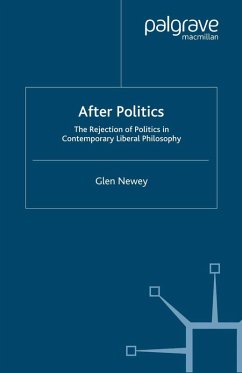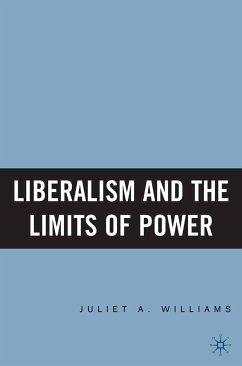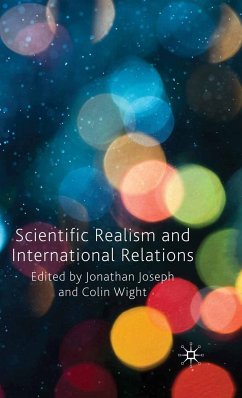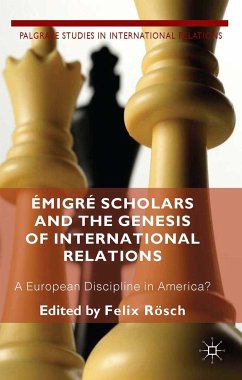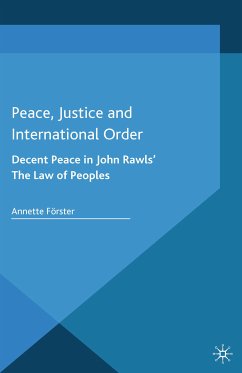
Peace, Justice and International Order (eBook, PDF)
Decent Peace in John Rawls' The Law of Peoples
Versandkostenfrei!
Sofort per Download lieferbar
40,95 €
inkl. MwSt.
Weitere Ausgaben:

PAYBACK Punkte
20 °P sammeln!
How can fair cooperation and a stable peace be reached in the international realm? Peace, Justice and International Order discusses this question in the light of John Rawls' The Law of Peoples, offers a new approach to Rawls' international theory and contributes to the discourse on international peace and justice.
Dieser Download kann aus rechtlichen Gründen nur mit Rechnungsadresse in A, B, BG, CY, CZ, D, DK, EW, E, FIN, F, GR, HR, H, IRL, I, LT, L, LR, M, NL, PL, P, R, S, SLO, SK ausgeliefert werden.



